Most churches have some type of security measures in place during worship services. Pastors point to intentional plans and armed church members more than other measures, but compared to three years ago, fewer say they have plans and more say they have gun-carrying congregants.
Numerous fatal shootings have occurred at churches in recent years. In March, an armed assailant killed six people at The Covenant School, a Christian school in Nashville, Tenn.
Last June, three parishioners at St. Stephens Episcopal Church in Vestavia Hills, Ala., were gunned down at an outdoor church potluck. Only weeks prior, two young women were fatally shot in the parking lot of Cornerstone Church in Ames, Iowa, near Iowa State University. Shootings have also occurred at other places of worship like Jewish synagogues and Sikh temples.
When asked about their protocols when they gather for worship, around 4 in 5 U.S. Protestant pastors (81%) say their church has some type of security measure in place, according to a study from Lifeway Research. Still, more than 1 in 6 (17%) say they don’t use any of the seven potential measures included in the study, and 2% aren’t sure.
“Churches are not immune to violence, disputes, domestic disagreements, vandalism and burglary,” said Scott McConnell, executive director of Lifeway Research. “While loving one another is a core Christian teaching, churchgoers still sin, and non-churchgoers are invited and welcomed. So real security risks exist whether a congregation wants to acknowledge them or not.”
Your tax-deductible gift helps our journalists report the truth and hold Christian leaders and organizations accountable. Give a gift of $30 or more to The Roys Report this month, and you will receive a copy of “Hurt and Healed by the Church” by Ryan George. To donate, click here.
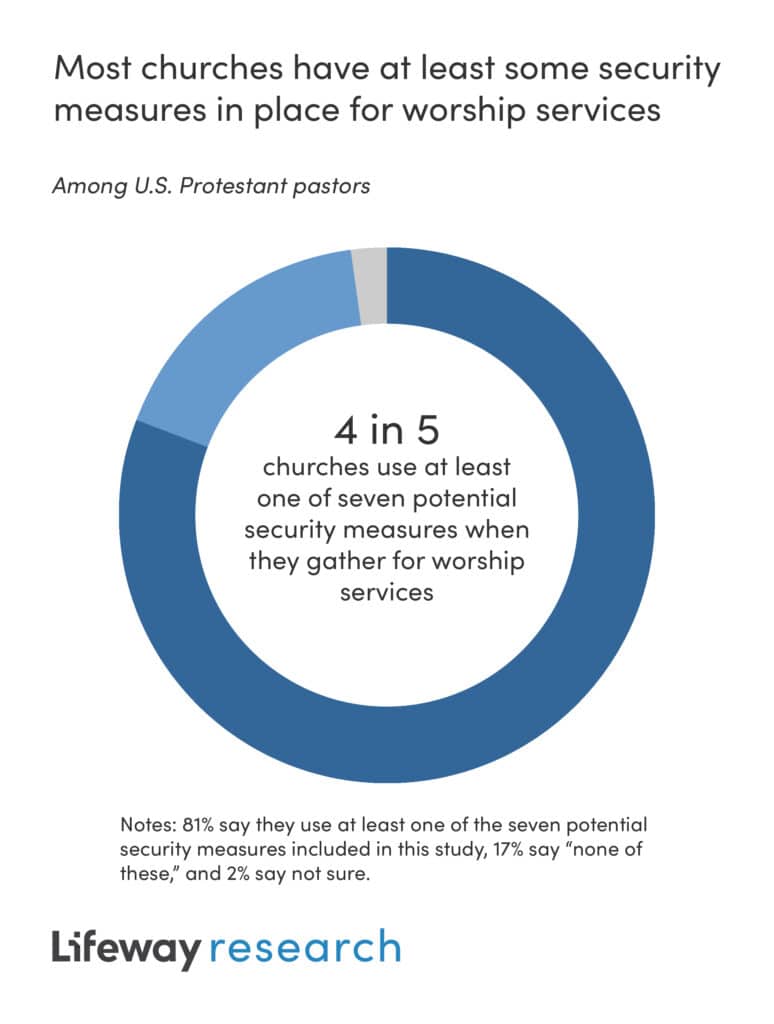
Security measures
In terms of security specifics, pastors are most likely to say their congregation has an intentional plan for an active shooter situation (57%). Additionally, most (54%) also say armed church members are part of the measures they have in place.
Around a quarter (26%) use radio communication among security personnel, while 1 in 5 say they have a no firearms policy in the building where they meet (21%) or armed private security personnel on site (20%). Fewer have uniformed police officers on church grounds (5%) or metal detectors at entrances to screen for weapons (1%).
“Most churches are small, so security plans often don’t need to be elaborate or expensive,” said McConnell.
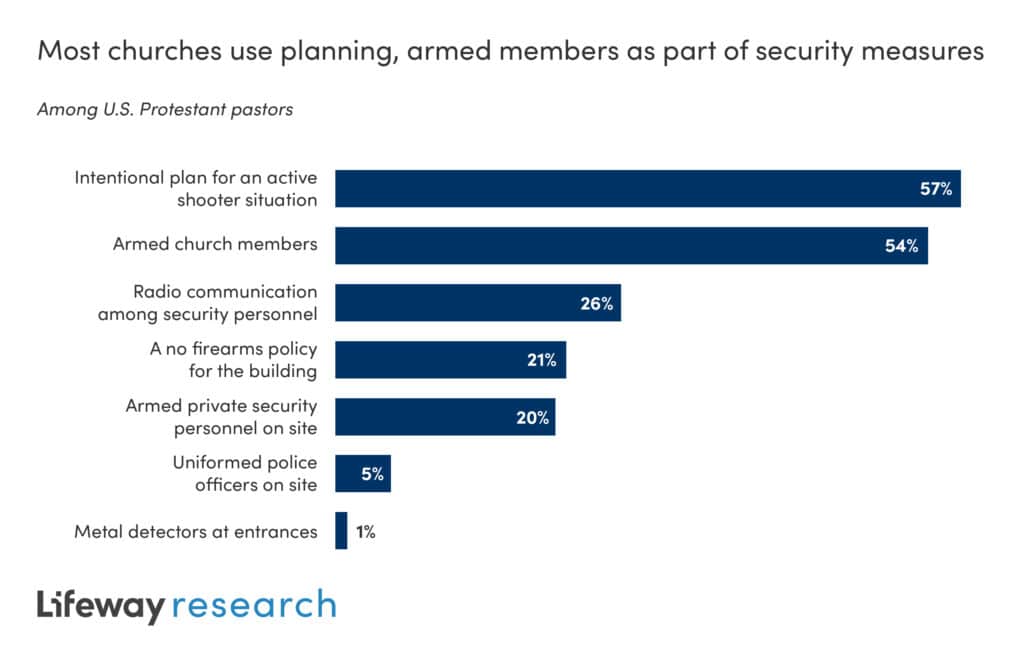
Around half of the fatal shootings in churches since 1999 have occurred in the South. Pastors in that region are the least likely to say they don’t use any of the security measures at their churches (12%). Conversely, they are among the most likely to report their congregation has an intentional plan for an active shooter situation (64%), radio communication among security personnel (34%) and armed private security on site (26%). Additionally, Southern pastors are the most likely to say they have armed church members (65%) and uniformed police officers on site (9%).
More worshipers in attendance often leads to increased security measures. The larger the church, the more likely it is to have armed private security personnel on site and radio communication among security personnel. Churches with 250 or more in attendance are the most likely to have armed church members (74%) and uniformed police officers on site (27%). Those large congregations are also among the most likely to have an intentional plan for an active shooter situation (74%).
Pastors at churches with worship attendance of fewer than 50 people (29%) are the most likely to say they aren’t using any of the methods of preparation considered in this study.
Mainline pastors (22%) are more likely than evangelical pastors (14%) to not use any of the seven potential ways of security preparation at their churches. Denominationally, Lutheran (34%) and Presbyterian/Reformed pastors (30%) are at least twice as likely as pastors at non-denominational (14%), Restorationist movement (13%), Pentecostal (12%) or Baptist (8%) churches to say they don’t use any of the security measures.
African American pastors are three times more likely than white pastors to say they have uniformed police officers on site (12% v. 4%). African American pastors are also more likely than white pastors to say part of their security measures includes radio communication among security personnel (37% v. 25%) and a no firearms policy in the building where they meet (34% v. 21%). Meanwhile, white pastors are more likely than African American pastors to say they have armed church members (56% v. 33%).
More guns, less planning
Compared to three years ago, pastors say they’re more likely to be relying on armed churchgoers and less likely to have a no firearms policy for their building. Fewer also say they have an intentional plan for an active shooter, compared to a 2019 Lifeway Research study.
Previously, 45% of U.S. Protestant pastors said armed church members were part of their congregation’s security measures. Now, more than half (54%) include that in their attempts to keep churchgoers safe. In 2019, 27% said they enforced a no firearms policy at their building. That has dropped to 21% now.
Churches are also less likely to rely on intentional planning to address potential security threats. In 2019, 62% said they had such a plan in place for an active shooting situation. Since then, the percentage of pastors who say that is the case at their church has fallen to 57%.
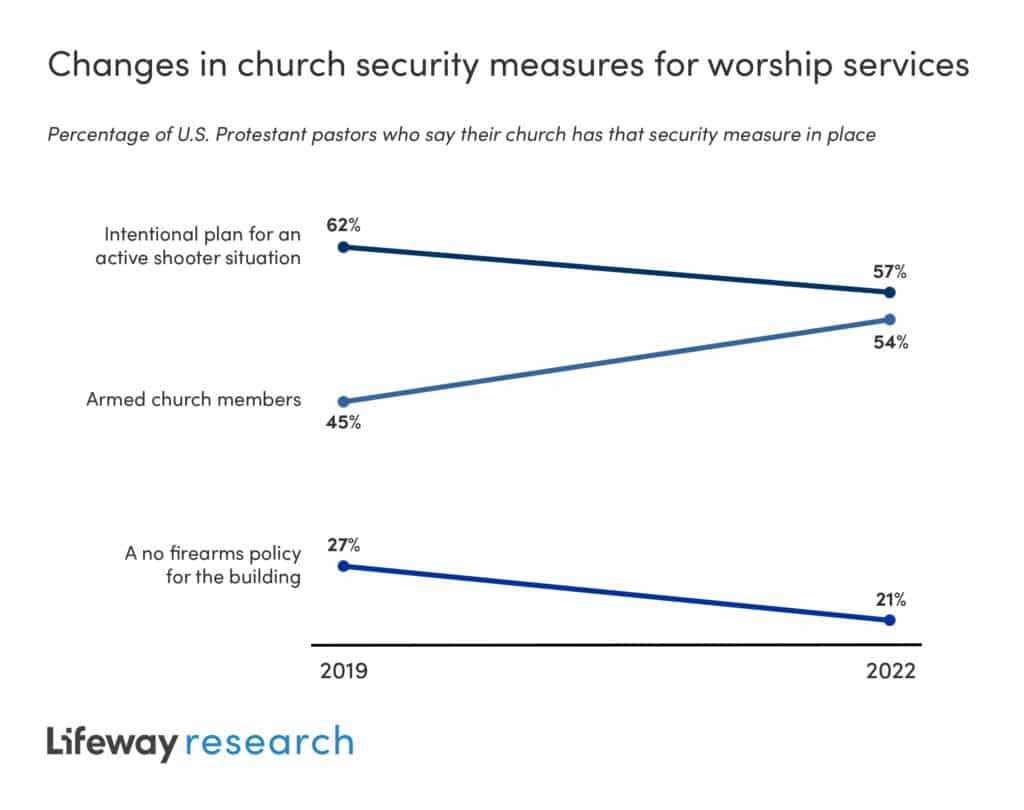
“While churches may have different convictions on how to maintain security, it is surprising that fewer churches have an intentional plan for an active shooter than did in 2019,” said McConnell. “As churches cut back on activities during COVID, this may have been one of the initiatives that did not resume for some churches.”
This article was originally published on LifewayResearch.com and has been reprinted with permission.
Aaron Earls is the senior writer at Lifeway Research.




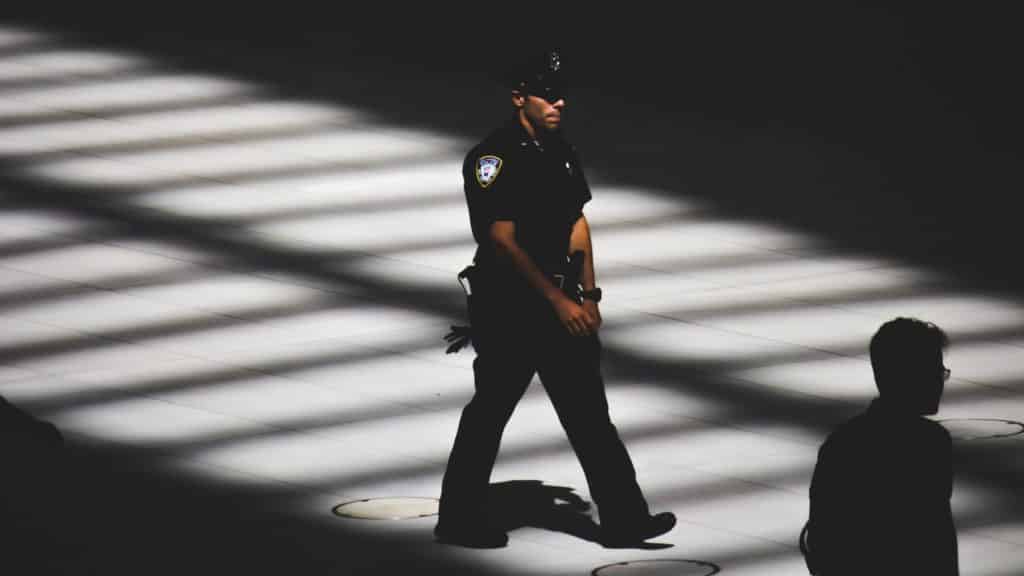
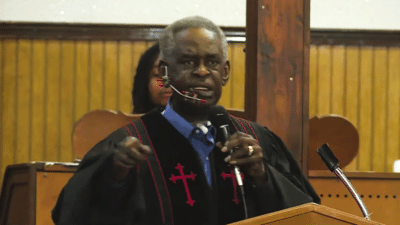
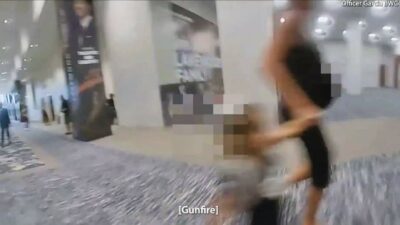
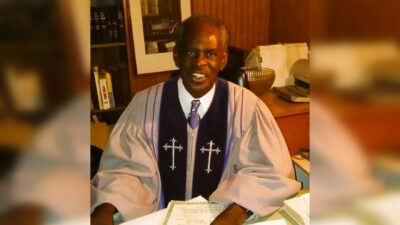

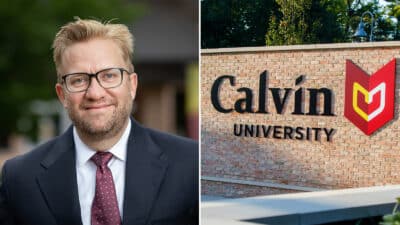
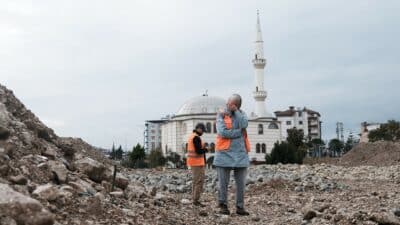

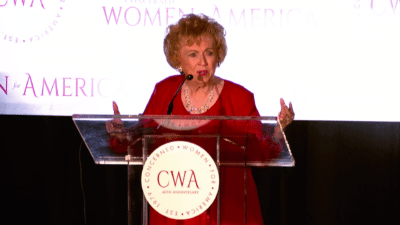
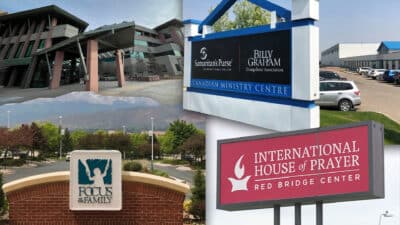






One Response
It’s sad that this is our culture now, but the violence is everywhere. Our church has a security team, and I know that not a few members in any given service (myself included) are armed. Our culture is crumbling and becoming more and more violent.